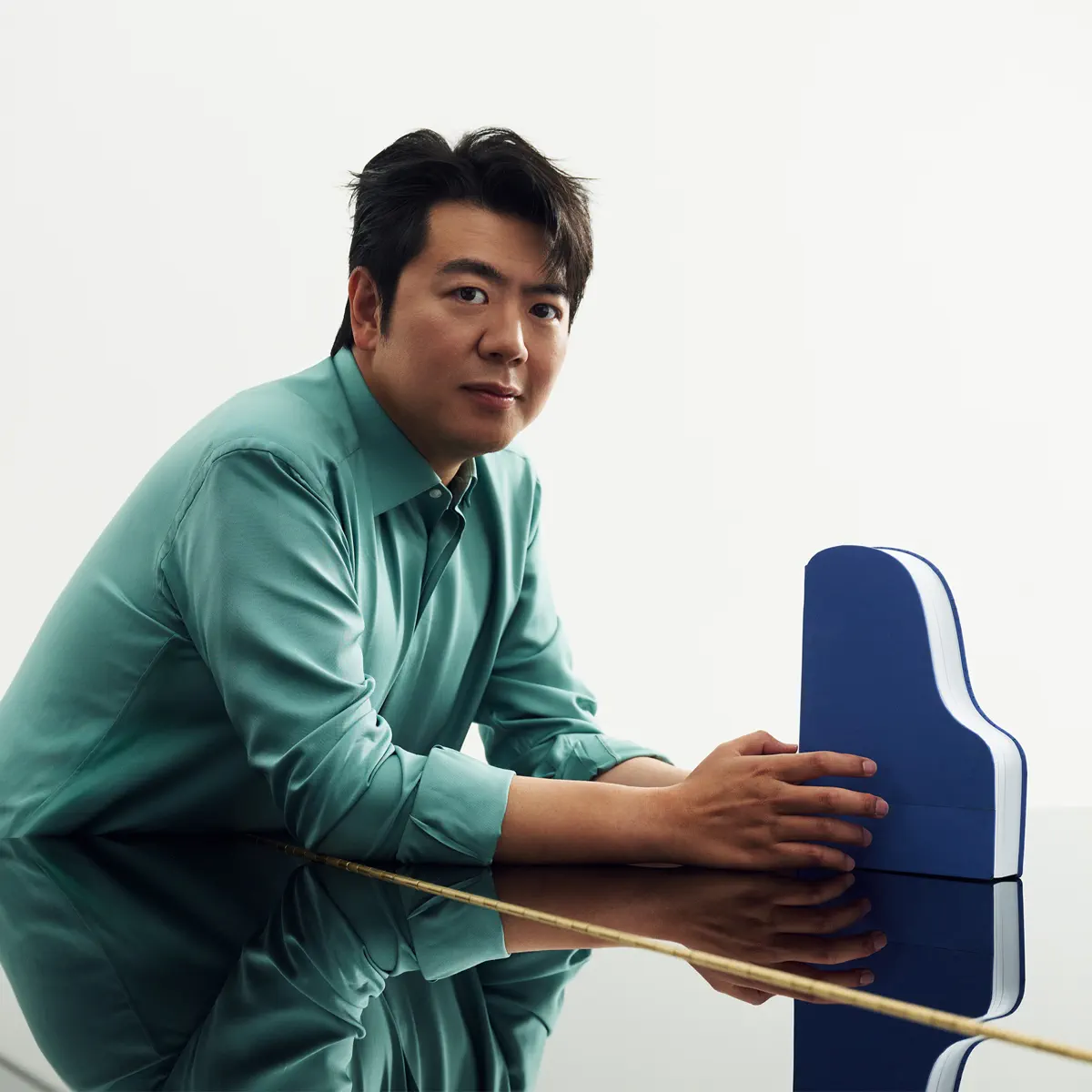
Lang Lang
Chinese pianist
Lang Lang is a Chinese pianist. He released the albums Liszt, Rachmaninov: Piano Concerto No. 2; Paganini Rhapsody with the Mariinsky Orchestra and Valery Gergiev, and The Disney Book. His songs include Beauty and the Beast (from Beauty and the Beast) with Robert Ziegler and the Royal Philharmonic Orchestra, Dos Oruguitas (from Encanto) with Sebastián Yatra, and Feed the Birds (from Mary Poppins). Lang Lang has appeared in the documentaries In Search of Mozart and Maestro, as well as the film Lang Lang Plays Disney.
Latest Release
Discover More
Lang Lang on Apple Music
Lang Lang on Apple TV
About
- FROM
- Shenyang, China
- BORN
- June 14, 1982
- GENRE
- Classical
